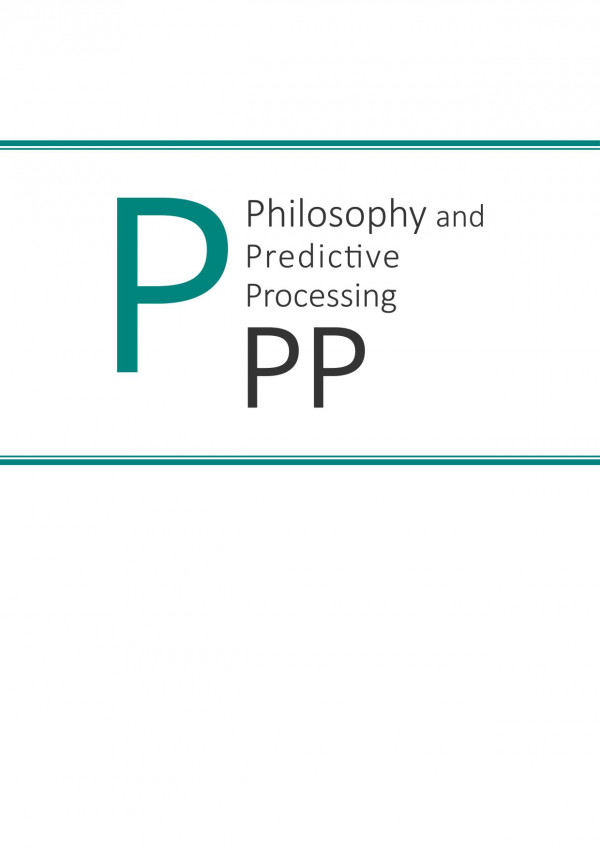

Most ebook files are in PDF format, so you can easily read them using various software such as Foxit Reader or directly on the Google Chrome browser.
Some ebook files are released by publishers in other formats such as .awz, .mobi, .epub, .fb2, etc. You may need to install specific software to read these formats on mobile/PC, such as Calibre.
Please read the tutorial at this link: https://ebookbell.com/faq
We offer FREE conversion to the popular formats you request; however, this may take some time. Therefore, right after payment, please email us, and we will try to provide the service as quickly as possible.
For some exceptional file formats or broken links (if any), please refrain from opening any disputes. Instead, email us first, and we will try to assist within a maximum of 6 hours.
EbookBell Team

4.8
44 reviewsPredictive processing is at the cutting edge of theoretical cognitive
science, and its philosophical implications are currently being hotly
debated. However, philosophical newcomers to the debate can easily be
deterred by the copious technical details, and given the pace of
developments, it can be a struggle to stay up-to-date. As a primarily
philosophical project, the main goal of this initiative is to offer a
first introduction to the debate on predictive processing and to begin a
more systematic discussion from a conceptual and metatheoretical
perspective. In this second collection from the MIND Group,
the number of invited authors is much smaller than for our first
collection, and the papers have a narrower thematic focus in the
philosophy of cognitive science, deliberately picking out only one topic
of especially high relevance and urgency. We want to provide a service
to the community by offering a concerted voice and a brief introduction
for non-specialists.
Continuing the spirit of the Open MIND-project
we also wanted to make our academic work available independently of a
publisher who would eventually sell our own intellectual property back
to us and our peers while simultaneously locking it behind a pay wall,
making it inaccessible to students in countries such as Brazil, India
and China. Once again, we have achieved a professional form of quality
control via a systematic, two-layered, but journal-independent
peer-review process — and we have released the results faster than would
existing and established institutions of academic publishing. We hope
you find the electronic resource we have created helpful for your own
research.
Thomas Metzinger and Wanja Wiese
Johannes Gutenberg-Universität Mainz, March 2017